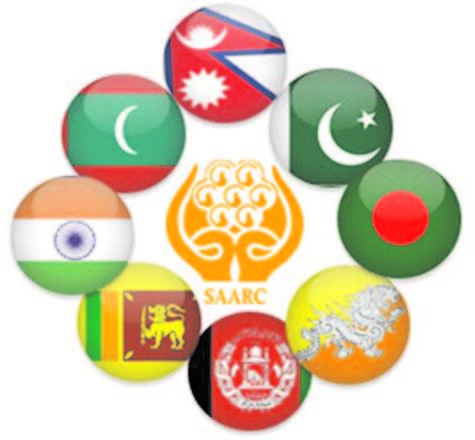
NEW DELHI (TIP): Apart from India, Bangladesh and Bhutan have also pulled out of the Saarc Summit in Islamabad in November, saying the environment is not right for the successful holding of the meet.
The decision was conveyed by Bangladesh and Bhutan on Tuesday to the Saarc chair Nepal, sources said.
“The growing interference in the internal affairs of Bangladesh by one country has created an environment which is not conducive to the successful hosting of the 19th Saarc Summit in Islamabad in November 2016,” the communication by Bangladesh said.
“Bangladesh, as the initiator of the Saarc process, remains steadfast in its commitment to regional cooperation, connectivity and contacts but believes that these can only go forward in a more congenial atmosphere. In view of the above, Bangladesh is unable to participate in the proposed Summit in Islamabad,” it said.
Bhutan said while it is committed to the Saarc process and strengthening of regional cooperation, it is concerned over the “recent escalation of terrorism in the region, which has seriously compromised the environment for the successful holding of the 19th Saarc Summit in Islamabad in November 2016.” “Further, the Royal Government of Bhutan shares the concerns of some of the member countries of Saarc on the deterioration of regional peace and security due to terrorism and joins them in conveying our inability to participate in the Saarc Summit, under the current circumstances.” The decision by three countries of the eight-member grouping not to attend the summit would lead to its collapse. Prime Minister Narendra Modi on Tuesday also decided not to attend the Saarc Summit in Islamabad in November. The announcement by India came on a day foreign secretary S Jaishankar issued a second demarche to Pakistan High Commissioner Abdul Basit over September 18 Uri attack and confronted him with proof of “cross-border origins” of the terror strike in which 18 jawans were killed. The attack has triggered a strong response from India which has reviewed the 56-year-old Indus Water Treaty (IWT), and decide to reconsider the MFN status granted by it, unilaterally, to Pakistan.




Be the first to comment